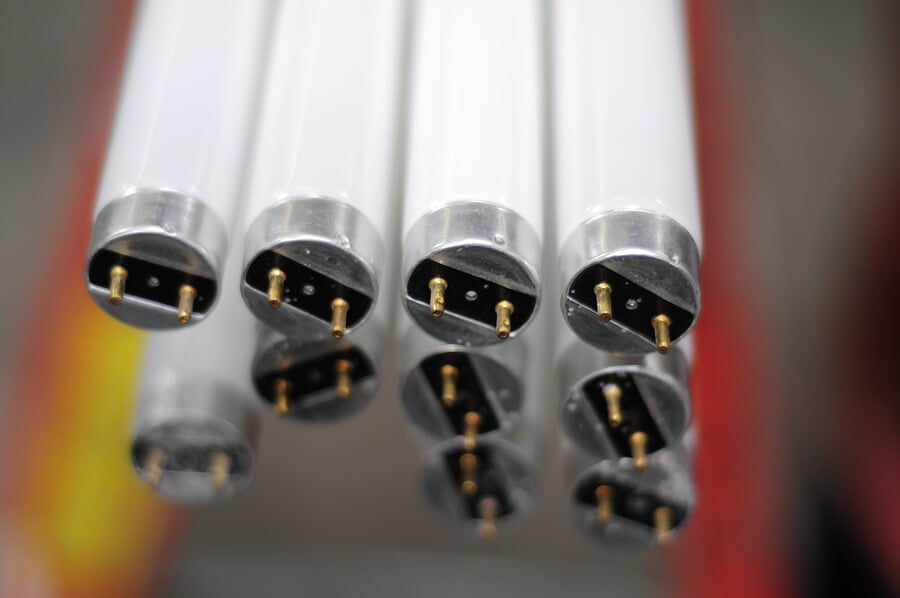
Through limiting the amount of fluorescent and CFL lamps and ballast waste distributed to the landfill, businesses can play a considerable role in helping the environment.
The recycling of products containing mercury is important because it is a hazardous material and a pollutant that threatens the health of humans, fish and other wildlife. In fact, the American Medical Association has recognized mercury exposure as a serious health risk, calling it "a global pollutant, a major contaminant in the marine food supply, a serious neurotoxin, particularly in the developing fetus and possibly a promoter of cardiovascular disease."
A lamp recycling program is a seemingly small step, but when you consider the potential effects on our health and on the environment, you can see that it is actually a considerable step in reducing the amount of mercury released into the environment. Fluorescent lamps tend to break when disposed of in a trash can, compactor, or dumpster, and if they survive these, they will certainly break when they end up at the landfill or the incinerator, resulting in an increased amount of mercury-exposure in the atmosphere. Alternatively, when these items are sent to a recycling facility, the mercury is extracted safely using special machines, and can then be reused in other products. In addition, the glass, metal, and most of the components that make up the lamp can be recycled and used for other purposes.
A1 Recycle, a division of A1 Energy is able to create customized recycling programs for businesses to dispose of their lamps. A1 makes the process easy, convenient and hassle-free for your business. Contact us via phone and we will provide a quote based on the types of lamps and the quantities. We will supply boxes or drums and when they are filled, contact us and our staff will pick up the order at your business location. Your business will be presented with a certificate of recycling for your records.
By recycling your business' lamps and ballasts, rather than throwing them away, you play a role in reducing the amount of mercury in our environment, as well as reducing waste.
